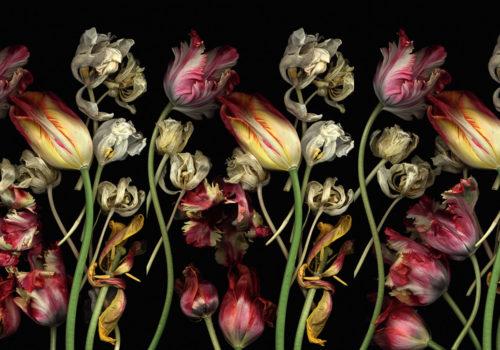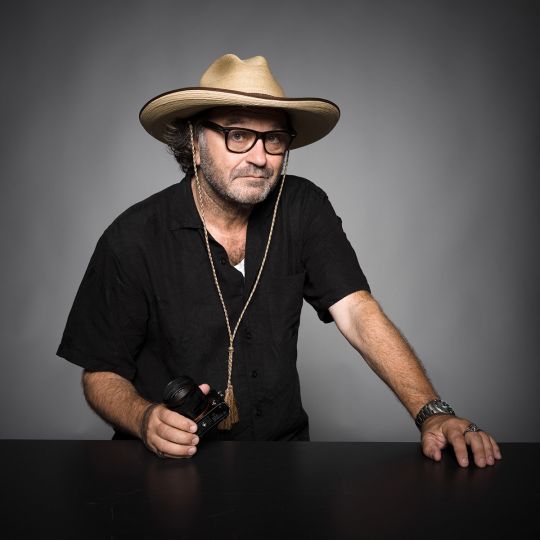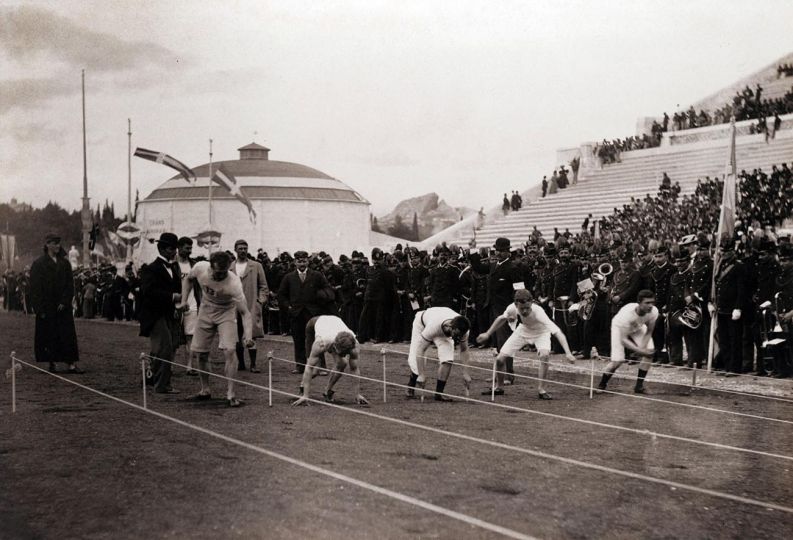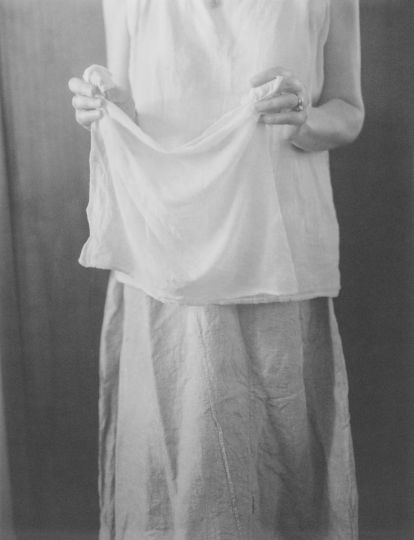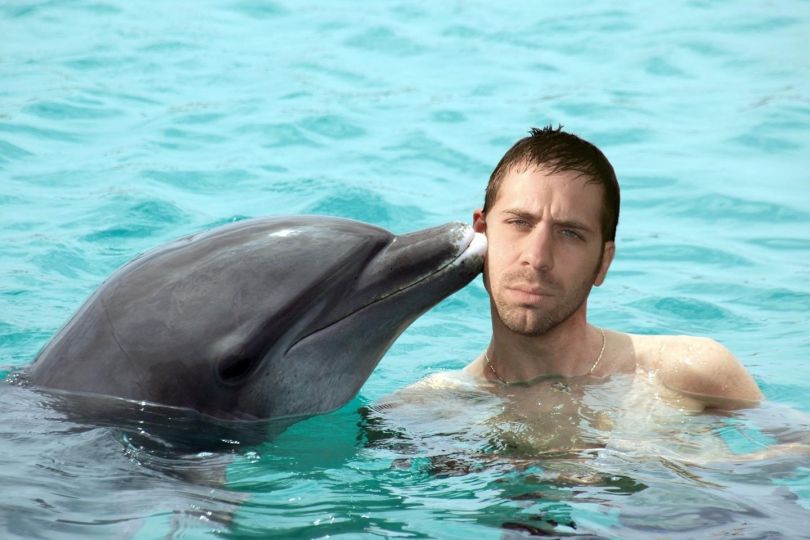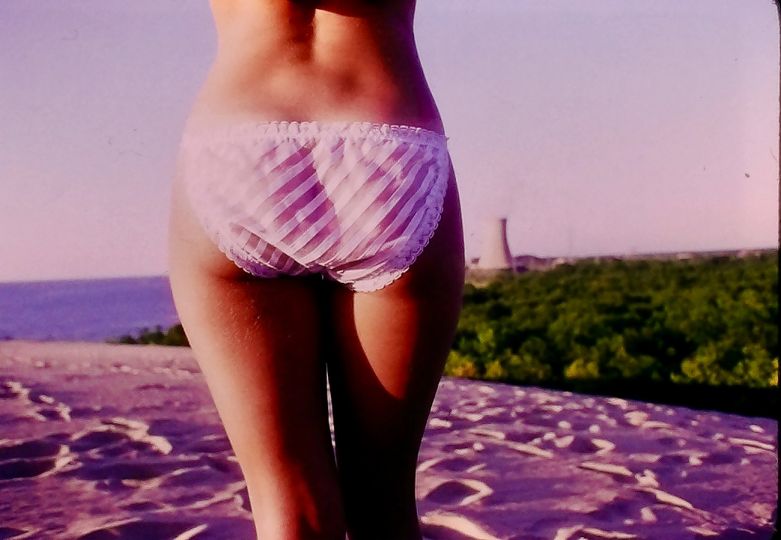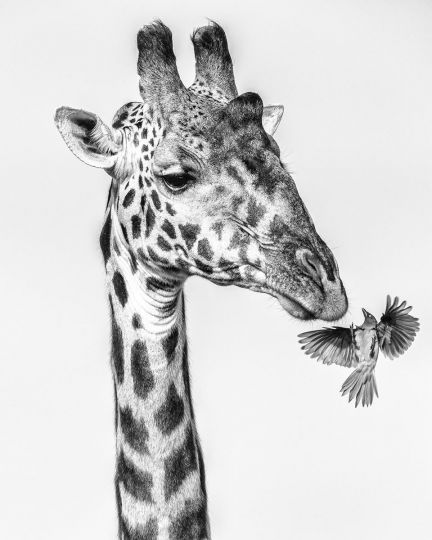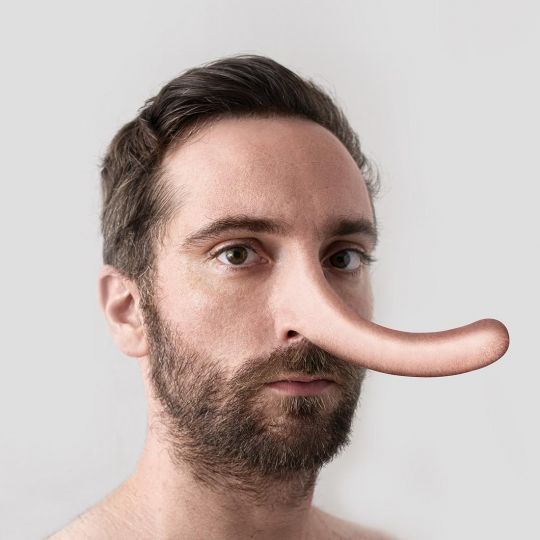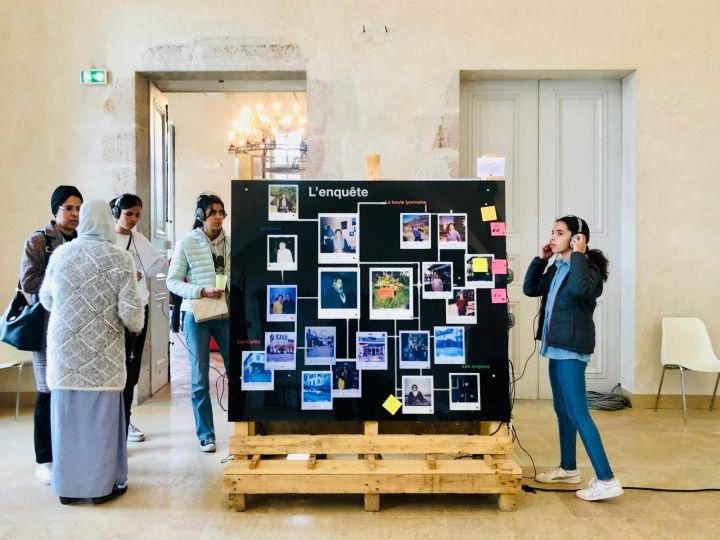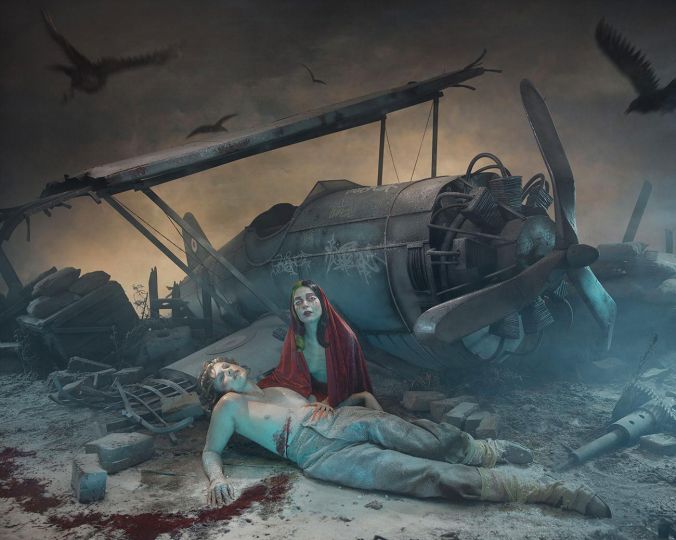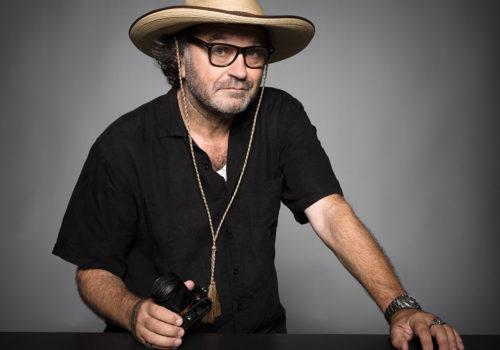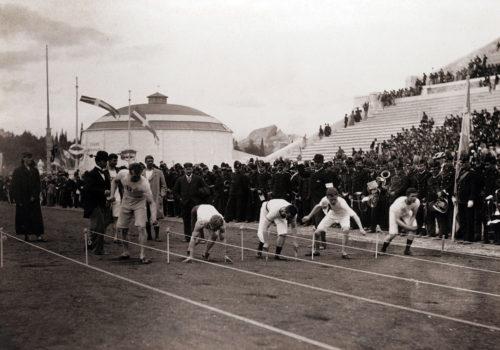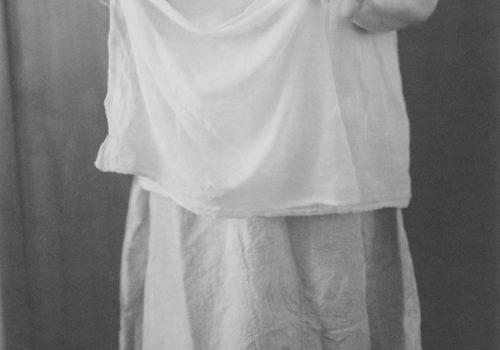Luzia Simons : Entering the material with poetry
Born in Brazil, Luzia Simons studied in Paris, first history, then visual arts at the Sorbonne. In 1986, she moved to Berlin, Germany, where she still lives.
Her photographic work gives the impression of being three-dimensional, so surprising is the depth of field of her images.
She stages her flowers in a unique combination of material precision, beauty and vanity. She deconstructs conventional representations of these motifs by elevating them to the level of art, questioning the limits of our reality by combining illusionism and naturalism in a highly singular way. Her stagings are sublime and sometimes disturbing. She scans an overall composition in minute detail, constructing a realistic tableau. The flowers seem to float on a deep, dense black background, adding to the immateriality and timelessness of the composition. Her works invite us on a space-time voyage. Her work alludes to the beauty and fragility of our world.
Her work has been presented several times at the Domaine de Chaumont-sur-Loire, and in 2016 she was invited to create a site-specific installation in the courtyard of the Hôtel de Soubise (Archives nationales de Paris).
Website: www.luziasimons.de
Instagram: studio_luzia_simons
Currently at Tobe Gallery (@tobegallery_official), ‘Evergreen’ exhibition.
What was your first photographic click?
Luzia Simons: It was the click of the shutter release of old-fashioned cameras, that haptic interaction. It was as if the sound produced the image.
The man or woman in pictures who inspires you?
Luzia Simons: I think it’s more interesting to talk about women. To name but a few, Maria van Oosterwijck, Lee Miller, Georgia O’keeffe, Sarah Moon and Anna Atkins.
What image would you have liked to have made?
Luzia Simons: A photo of the indigenous Yanomami people, taken by Claudia Andujar.
The one that moved you the most?
Luzia Simons: Irving Penn’s images of Latin America and Zanele Muholi’s self-portraits.
Which one made you angry?
Luzia Simons: Any photo manipulated in a context of abuse of power.
A key image in your personal pantheon?
Luzia Simons: One of my scannograms (Nr. 45) from the “Storage” series, which was the visual key (catalog cover, posters, etc.) to a major exhibition at the Kunsthalle Emden in Germany. The subject was gardens in art since 1900. This image is now part of the Domaine de Chaumont-sur-Loire collection.
A photographic memory from your childhood?
Luzia Simons: The small details and contrasts I observed in a family album that no longer exists a scene with a beautiful, delicate lace dress, flip-flops, dirt and the simplicity of the environment.
The image that obsesses you?
Luzia Simons: Using the scanner to capture images allows me to propose a specific language without the central perspective of the photographic device. I’m obsessed with the fabrication, construction and rendering. I work on the edge of interfaces and technologies, in search of the unexpected and the mise en abyme.
With no budget limit, what would be the work you’d most like to acquire?
Luzia Simons: Lee Miller and Man Ray.
In your opinion, what’s the one quality needed to be a good photographer?
Luzia Simons: Perception and emotion of the whole process and their communication.
What, if any, is the secret of the perfect image?
Luzia Simons: Often the hazard of meeting all the quality conditions at once.
Who would you like to photograph?
Luzia Simons: Charlotte Gainsbourg!
Actually, I did a 100-portrait project with Baden Württemberg TV and Radio International. It was a political project about foreigners, but I’m more interested in constructing images.
An essential photo book?
Luzia Simons: “La Chambre Claire” by Roland Barthes
Your childhood camera?
Luzia Simons: Kodak.
The one you use today?
Luzia Simons: Today, it’s mainly my scanners, as well as old Nikon and Canon cameras.
What’s your favorite drug?
Luzia Simons: In progress.
The best way for you to disconnect?
Luzia Simons: Sun, sea, friends, good red wine and doing nothing.
What is your relationship with images?
Luzia Simons: My relationship with images is centered on processes and little rituals of construction, when I compose the image directly on the scanner surface. A drama is played out with botanical props, accompanied by long waits and emotional moments. It’s a technique of image capture that follows its path with impartial precision. Everything in the foreground is obviously clear and sharp, everything deeper is lost in a darkness without central perspective. It’s a contemporary instrument.
Your greatest quality?
Luzia Simons: I love communication between different cultures.
Your latest folly?
Luzia Simons: At 60, alone in a hotel in the Amazon jungle.
An image to illustrate a new banknote?
Luzia Simons: Forests instead of monuments.
The job you wouldn’t have liked to do?
Luzia Simons: Paparazzi work.
Your greatest professional extravagance?
Luzia Simons: My research (since 1995) and the decision to use the “scannogram”. This is a term which, by analogy with the history of photography (cf. “photogram”), alludes to a direct shooting technique. The work is as close to photography as it is to painting, especially with my “Stockage” series and its subject of cultural transfer.
Which city, country or culture do you dream of discovering?
Luzia Simons: Always rediscovering Brazil and discovering Japan.
The place you never tire of?
Luzia Simons: Paris and the whole of France.
Your biggest regret?
Luzia Simons: I don’t regret anything.
In terms of social networks, do you prefer Instagram, Facebook or Tik Tok, and why?
Luzia Simons: Instagram sometimes.
Color or B&W?
Luzia Simons: Both.
Daylight or artificial light?
Luzia Simons: Artificial.
What do you think is the most photogenic city?
Luzia Simons: New York.
If God existed, would you ask him to pose for you, or would you opt for a selfie with him?
Luzia Simons: I’d ask for a picture of heaven.
If I could organize your ideal dinner party, who would be at the table?
Luzia Simons: All the great chefs.
The image that represents for you the current state of the world?
Luzia Simons: The current state of the world is so complex that a single image would never suffice to accomplish this Herculean task.
What’s missing in today’s world?
Luzia Simons: Peace and love.
If you had to start all over again?
Luzia Simons: It would be another life.

